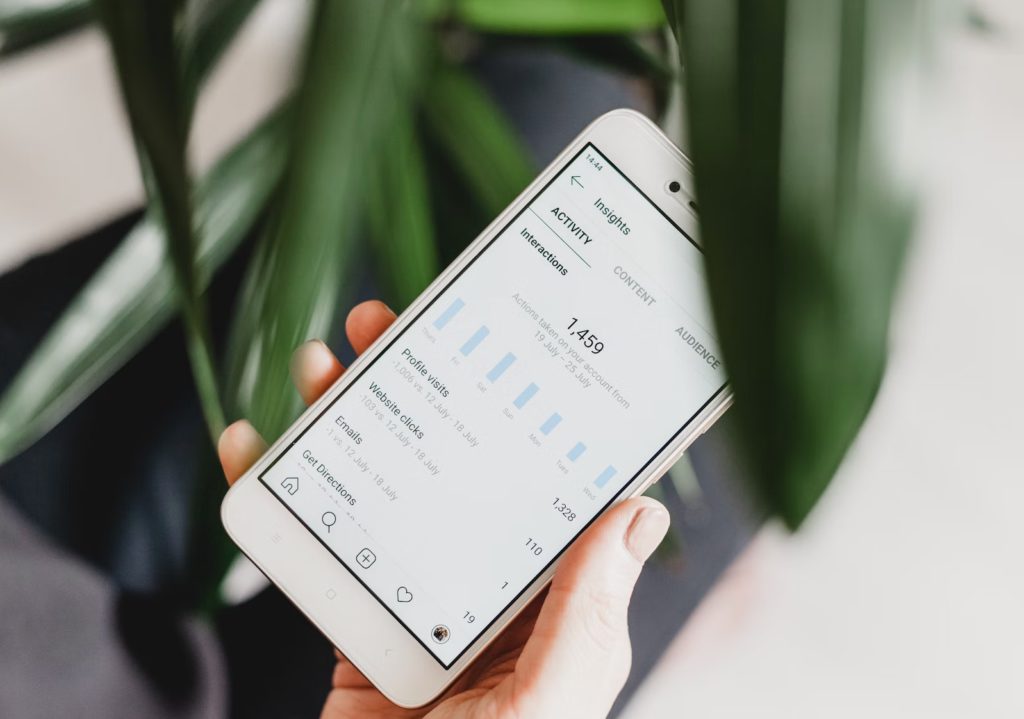Simple strategies to help You boost your event’s attendance
No matter whether you’re hosting a live event or a virtual one or a hybrid one, getting people to attend can be difficult. With the right strategies, it’s never hard to get more event registrations.
Here are some tips for promoting your event, and getting more attendee registrations.
What are Virtual and Hybrid Events?
As the world starts to reopen after a year of pandemic-induced lockdowns, many event planners are wondering what the future of events will look like. Will we go back to in-person events? Will virtual events become the new norm? Or will we see a hybrid of both?
Virtual and hybrid events are becoming increasingly popular as event planners look for ways to reach a larger audience while still maintaining some of the personal connection that comes with in-person events.
So, what exactly are virtual and hybrid events?
Virtual events can be attended by anyone with an internet connection. These events can be live-streamed or recorded and then made available for on-demand viewing.
Hybrid events are a mix of in-person and virtual elements. Attendees have the option to participate either in person or online, depending on their preference or location. For example, a conference might have its keynote speeches live-streamed for online viewers, but also offer breakout sessions that are only available to those attending in person.
Both virtual and hybrid events have their own set of benefits and challenges. Here are a few tips to keep in mind when promoting your next virtual or hybrid event:
Why Promote Your Event?
There are many reasons to promote your event, whether it is virtual, hybrid, or in-person. By promoting your event, you can reach a larger audience, drive more traffic to your registration page, and ultimately increase attendance.
Here are some tips to promote your event:
1. Use social media platforms such as Twitter, Facebook, and LinkedIn to share information about your event. Make sure to use hashtags and include a link to your registration page.
2. Send out email blasts to your list of contacts and include information about your event. Be sure to include a call-to-action and a link to your registration page.
3. Create a blog post or article about your event and share it on your website and other relevant platforms. Again, be sure to include a call-to-action and a link to your registration page.
4. Utilize paid advertising methods such as Google AdWords or Facebook Ads to reach a wider audience with information about your event. You can target specific demographics and interests when creating your ads.
By following these tips, you can effectively promote your upcoming event and drive people to your registration page. Promoting your event will help ensure its success!
The Importance of Engagement
When it comes to events, engagement is key. Whether your event is virtual, hybrid, or in-person, promoting engagement will help ensure that your attendees have a positive experience and are more likely to come back for future events.
Here are a few tips to promote engagement at your next event:
1. Create a social media hashtag for your event and encourage attendees to use it when posting about the event on their own channels. This will help create a sense of community and connection among attendees.
2. Use gamification to encourage attendees to interact with each other and with the event content. For example, you could create a scavenger hunt with prizes for those who find all the hidden items or host a contest where attendees can submit photos or videos related to the event theme.
3. Make sure your event website and materials are mobile-friendly so that attendees can easily access them on their smartphones and tablets. This will make it easier for attendees to stay engaged with the event even when they’re not physically present.
4. Use live streaming or webcasting to give remote attendees the opportunity to participate in the event in real time. This way, everyone can feel like they’re part of the action regardless of where they are located.
5. Provide opportunities for networking and socializing both before and after the event. Attendees can connect with each other online in forums or chatrooms, or they can meet up in person.
Social Media Strategies
As the world becomes increasingly digital, so do the opportunities to connect with others and promote your business. Virtual and hybrid events are a great way to reach a wide audience without incurring the travel costs associated with in-person events.
There are a few key things to keep in mind when promoting your virtual or hybrid event on social media:
1. Use hashtags to reach a wider audience: Hashtags can help you reach people who might not be following you otherwise. When creating your promotional materials, be sure to include relevant hashtags so that people can easily find and follow your event.
2. Create engaging content: Just because your event is virtual doesn’t mean it has to be boring. Use social media to create excitement and anticipation for your event by sharing engaging content leading up to the big day.
3. Utilize live video: Live video is a great way to connect with your audience in real time. Share snippets of your event as it’s happening so that people can feel like they’re part of the action even if they’re not physically there.
4. Make it easy to register: Include a link to your registration page in all of your social media posts so that people can easily sign up for your event. You may also want to create a dedicated landing page on your website where people can go for more information and register for your event.
Personalized Email Campaigns
When it comes to promoting your virtual or hybrid event, one of the most effective methods is to send out personalized email campaigns. This involves segmenting your audience and tailoring your message to specific groups in order to increase registration rates.
There are a few key things to keep in mind when crafting your email campaigns:
1. The subject line is crucial. It needs to be attention-grabbing and relevant to the recipient in order to encourage them to open the email.
2. The body of the email should be concise and focus on the benefits of attending the event. Highlight how attendees will benefit from participating, what they will learn, and any special features of the event that make it worth their while.
3. Use strong call-to-actions (CTAs) throughout the email so recipients know exactly what you want them to do (register for the event). Make sure your CTA stands out by using actionable language and creating a sense of urgency.
4. Include images or videos whenever possible as they can help capture attention and convey information more effectively than text alone.
5. Finally, don’t forget to include a link to your registration page! Make it easy for recipients to sign up by including the link prominently in the email and providing clear instructions on how to register.
Attracting Influencers to Your Event
There are a number of ways to attract influencers to your event. The most important thing is to make sure that your event is relevant to their interests and that you have a well-defined target audience.
1. Define Your Target Audience
The first step is to identify who your target audience is and what their interests are. This will help you determine which influencers would be the best fit for your event.
2. Identify Potential Influencers
Once you know who your target audience is, you can begin to identify potential influencers. There are a number of ways to do this, including using social media listening tools and searching for relevant hashtags.
3. Reach Out to Influencers
Once you’ve identified potential influencers, it’s time to reach out and invite them to your event. Be sure to personalize your invitation and explain why you think they would be a good fit for your event.



